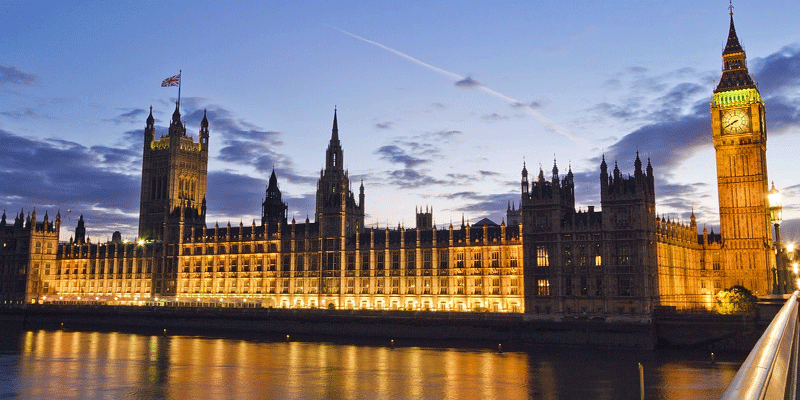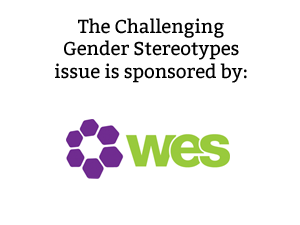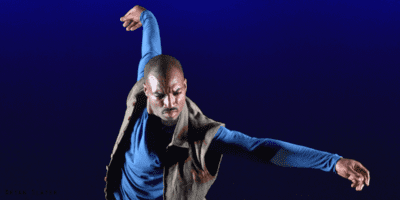Laura Gilmore is Head of Public Affairs and Campaigns at Dearman, a fast growing British clean technology company, and leads campaigns across the UK and EU. Before this, Laura’s worked for the Rt Hon. David Laws MP, London Assembly Member Caroline Pidgeon and at Liverpool City Council, before going to become Head of the Liberal Democrat Whips’ Office in the House of Lords whilst the Liberal Democrats were in Government. Outside of work, Laura is on the Board of Trustees of the climate change charity 10:10 and is one of the two founding members of Women in Public Affairs.
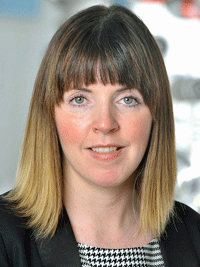
“…it is glaringly obvious the effort party communications teams will go to in order to ensure their leader is framed by a diverse selection of people – men, women, old, young, black, white…”
Party conference season is upon us again. Traditionally, these conferences were a forum for politicians to reconnect with their activist base. They have evolved significantly over the years, and party conferences are now a time for political parties to showcase their vision, their talent and their policies to the rest of the country as well.
For the big political parties, they know that for these few days at conference, they are almost guaranteed wide broadcast and print media coverage, and many events and speeches are often streamed on live TV.
Leaders framed by a diverse selection of people, but diversity not reflected in fringe speaking opportunities
Conference is their chance to show who they are, what values they have, and how they would take the country forward. During high-profile party leader speeches, it is glaringly obvious the effort party communications teams will go to in order to ensure their leader is framed by a diverse selection of people – men, women, old, young; black, white.
Therefore, it is all the more disappointing to find that this conscious effort to promote diversity stops here and does not reach the abundance of fringe speaking opportunities available at these conferences.
An analysis of party conference season 2015 has been published recently by the Women in Public Affairs network and the results highlight the need for change.
Women on the fringes: Men outnumbered women by two to one
Top-line figures across all three of the party conferences show that men outnumbered women by two to one as speakers on the fringes. On average, men made up 66% of fringe speakers while women represented only 34%. Two out of every three chairs of fringes were male. And, there were almost five times as many fringes without any female speakers, compared to fringes without any male speakers.
When comparing the three parties, Labour came out on top, followed by the Liberal Democrats with the Conservative Party faring the worst. Women made up 39% of speakers at Labour fringes compared to 35% of fringes at Lib Dems and only 27% of fringes at the Conservative Party Conference. Across all three party conferences the number of women on fringe panels was consistently below 40%.
I have attended party conferences for almost ten years now as both a political party member of staff and as a business delegate. I have often thought the speaking slots seem to go heavily in the favour of men and wondered why.
Catalyst to challenge stereotypes and achieve gender balance in politics
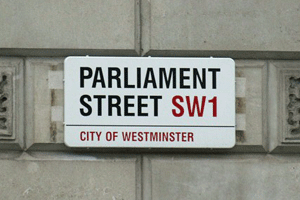
I hope that this report will act as a catalyst for political parties to achieve gender balance across their speaking opportunities at party conference, with the aim of challenging stereotypes and inspiring more women to achieve their full potential in politics.
You can read the full report here.
https://twitter.com/laura_gilmore

